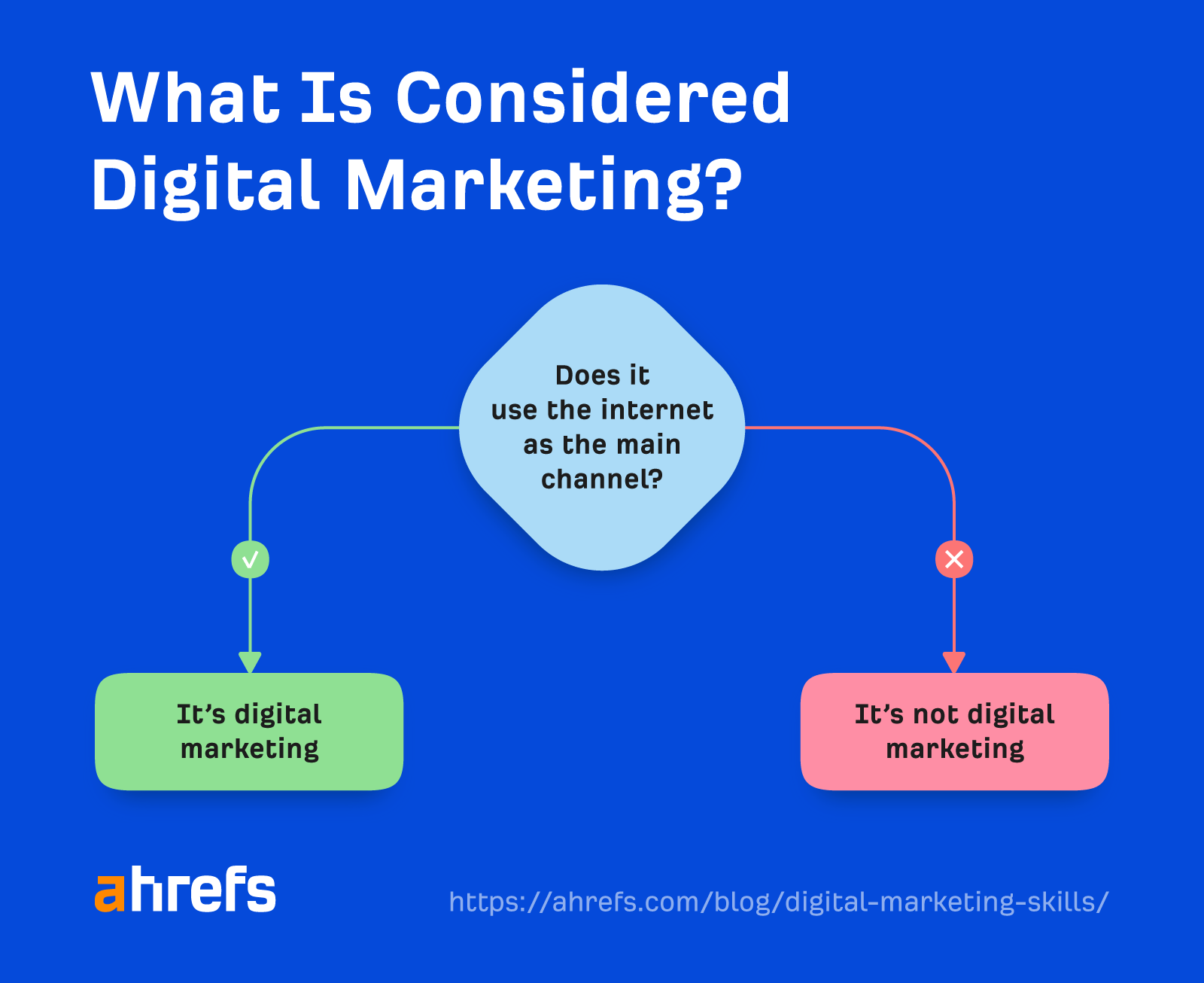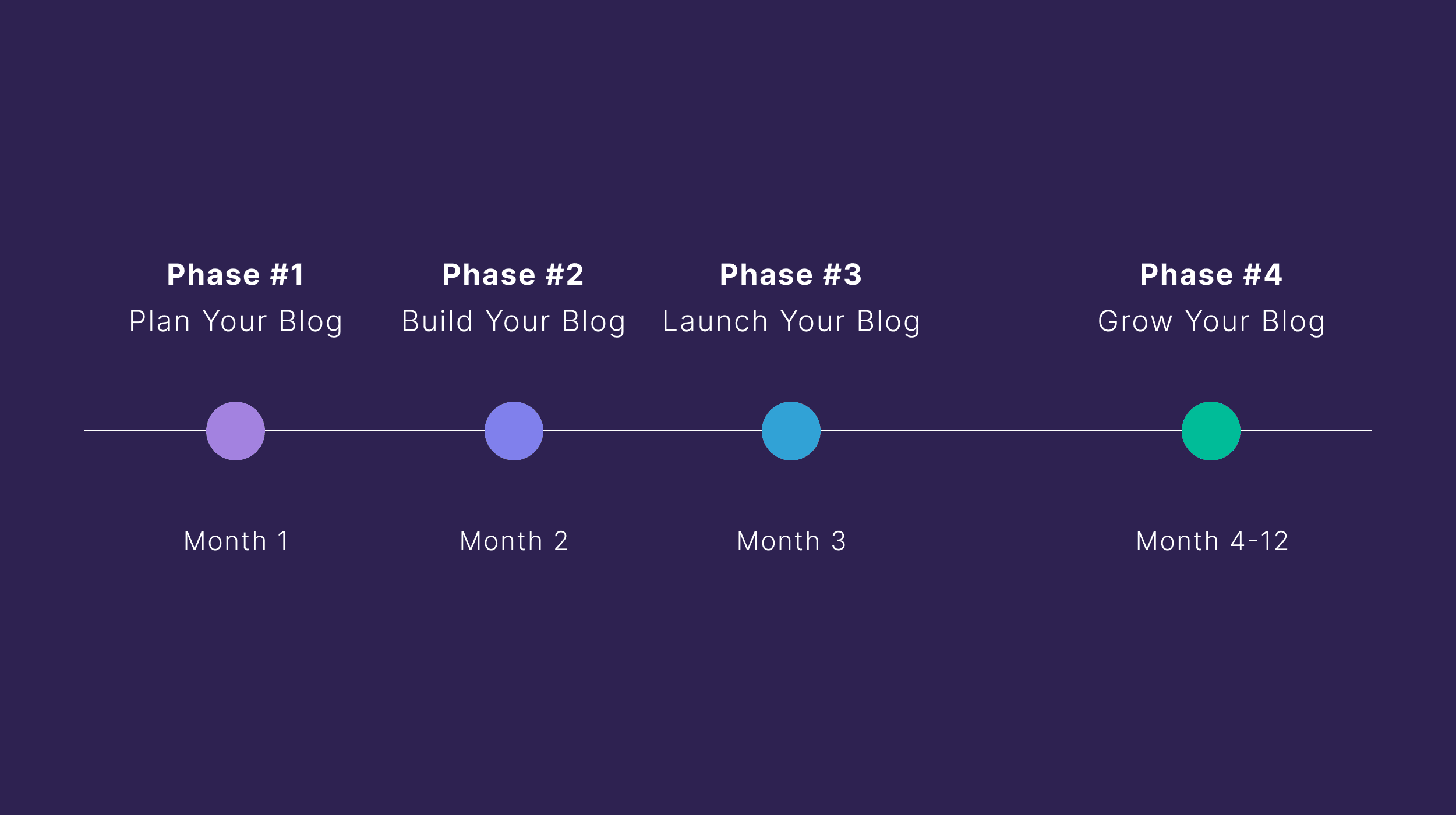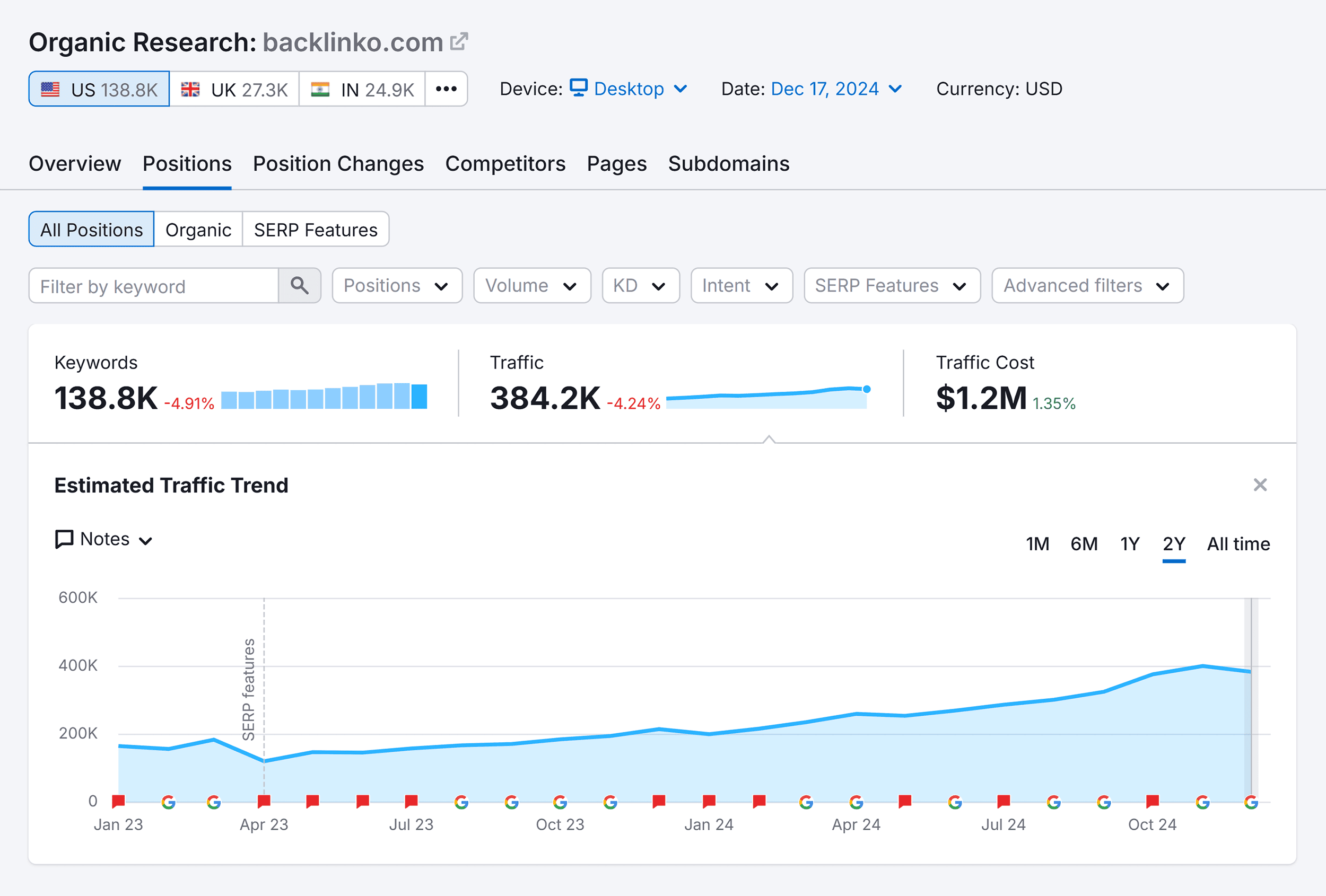For the past 15 years, I’ve been in various digital marketing roles, from specialist to management, working both on software and hardware products. And I’ve learned that this career favors people who can do eight things exceptionally well.
If you’re thinking about a career in digital marketing or want to take your career to the next level, this article may help.
2. Resourcefulness
Resourcefulness is the skill that allows you to make the most out of limited resources. In the case of digital marketing, that’s time and money.
In other words, resourcefulness is about a problem-solving mindset.
Some jobs are about performing a task correctly. If you don’t have the resources for it, your task is pretty much impossible—end of story.
But digital marketing is about performing the task better than somebody else (mostly your competition). Weird as it may sound, a lack of time and money doesn’t necessarily mean something is impossible here. It often means you need to find a different way or plan your work better.
Moreover, contrary to offline media, in digital marketing, you don’t need a large budget to promote effectively.
For example, you can go far with smart, resourceful content distribution. For one of the companies I worked at, we would create one or two high-quality ebooks per month and distribute that content in many different ways to attract traffic from different channels and websites, plus get qualified leads too.
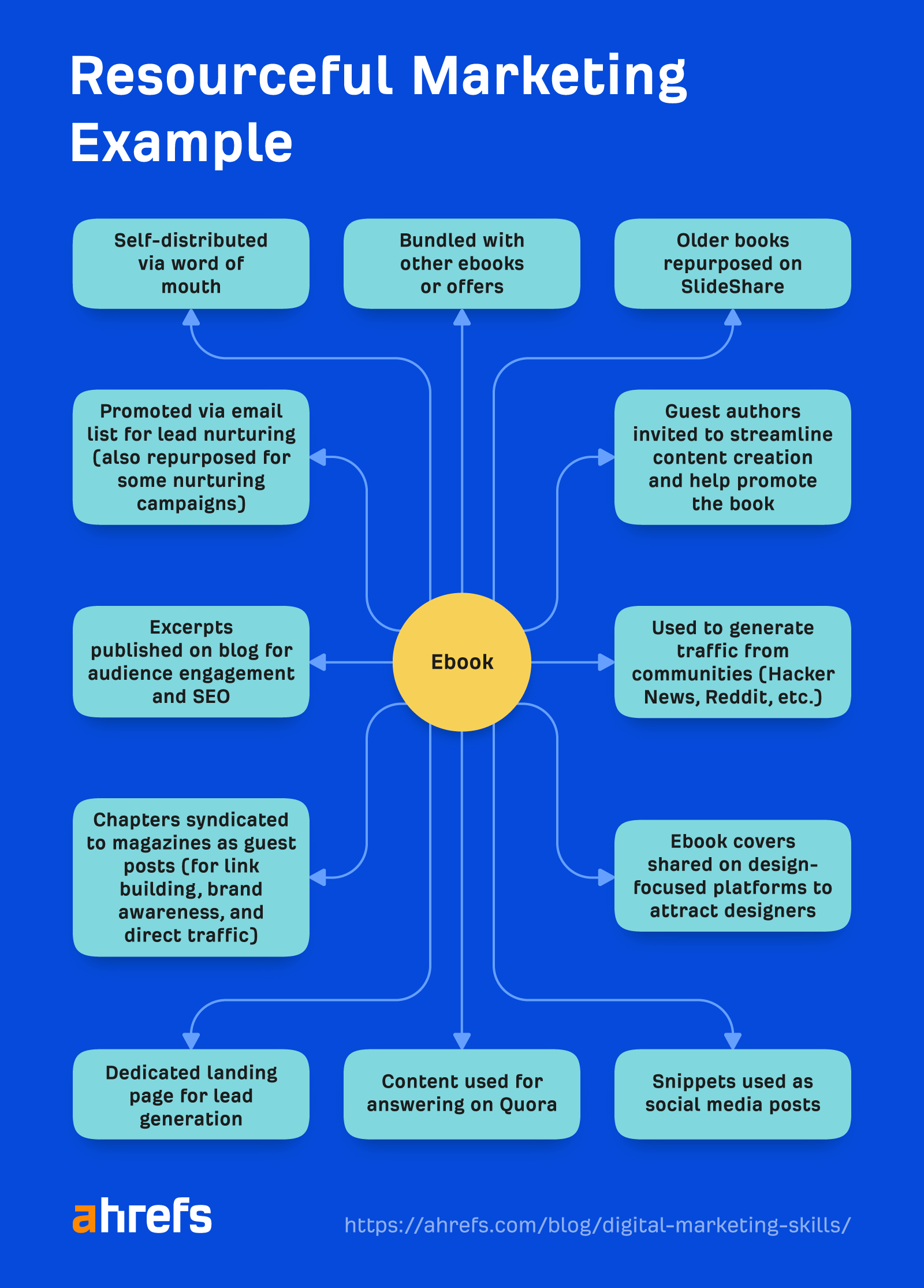
Further reading
How to get better at it
There are two sides of the coin here.
Resourcefulness is a mindset so, unlike a skill, it can be obtained “on-demand” once you start to think along different lines. For example, you can brainstorm ideas or tackle a problem from a different perspective.
But how well you do it also depends on a few factors:
- Tried and tested solutions from other marketers you already know (no need to reinvent the wheel most of the time)
- How persistent you are in finding the solution
- How adaptable you can be to changes
In marketing, you need to know how to be informative and entertaining but also how to generate immediate demand for purchase.
The first is content writing, and the latter copywriting. Below is a more detailed comparison:
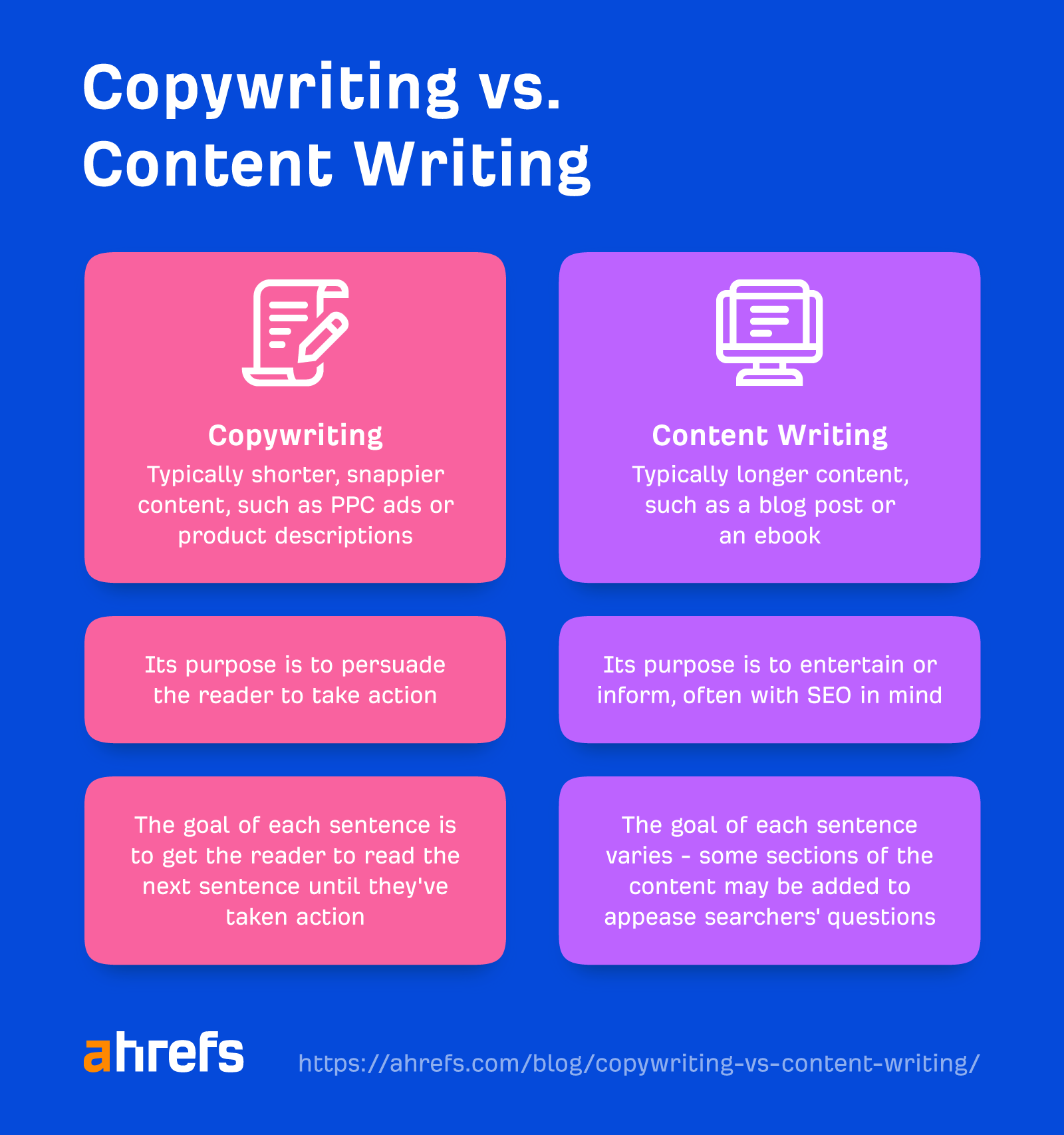
So for example, that little piece of text below is an example of copywriting. We actually debated on those 10 words and revisited that tagline a couple of times. All to best encapsulate the value of an all-in-one SEO tool.
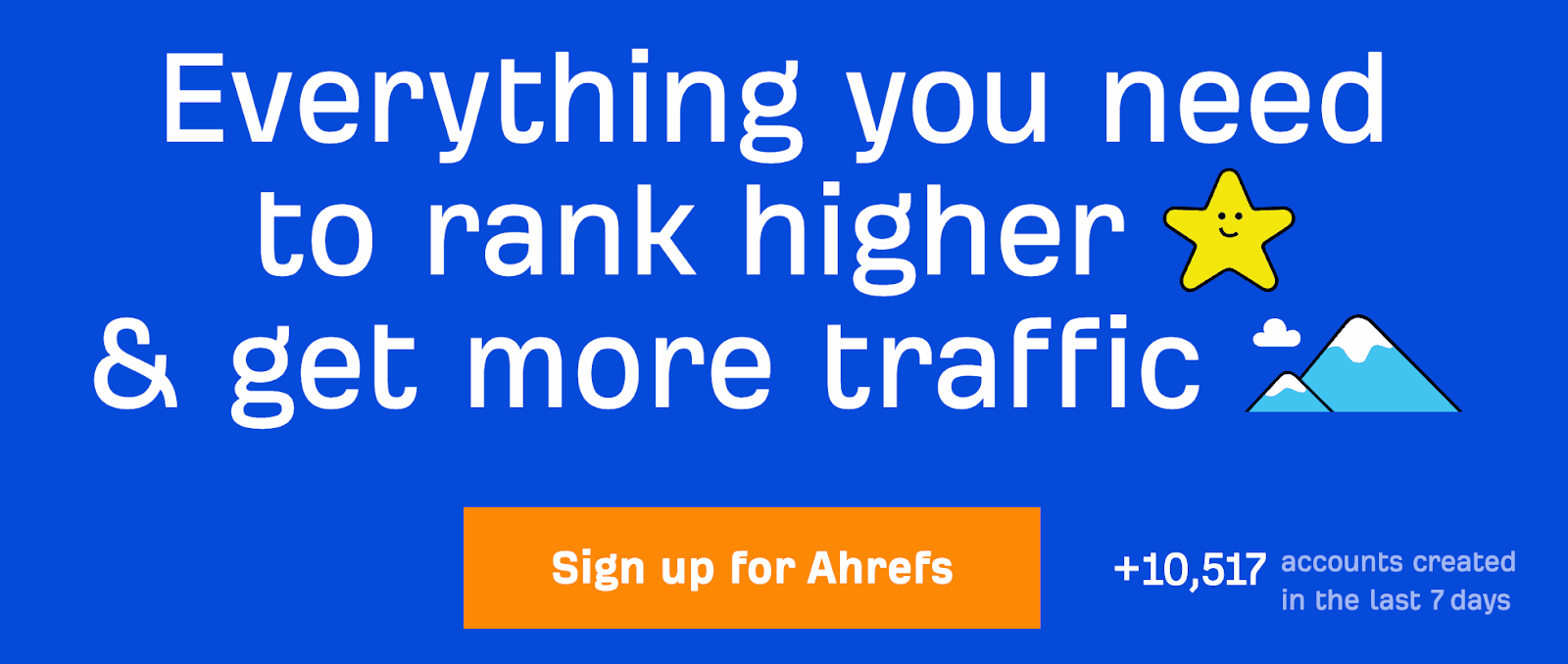
The next example is content writing. It’s an excerpt from a 3,700-word article that explains how to do keyword optimization and shows the benefits of our product. It’s educational content written with search engine optimization in mind to generate qualified organic traffic.
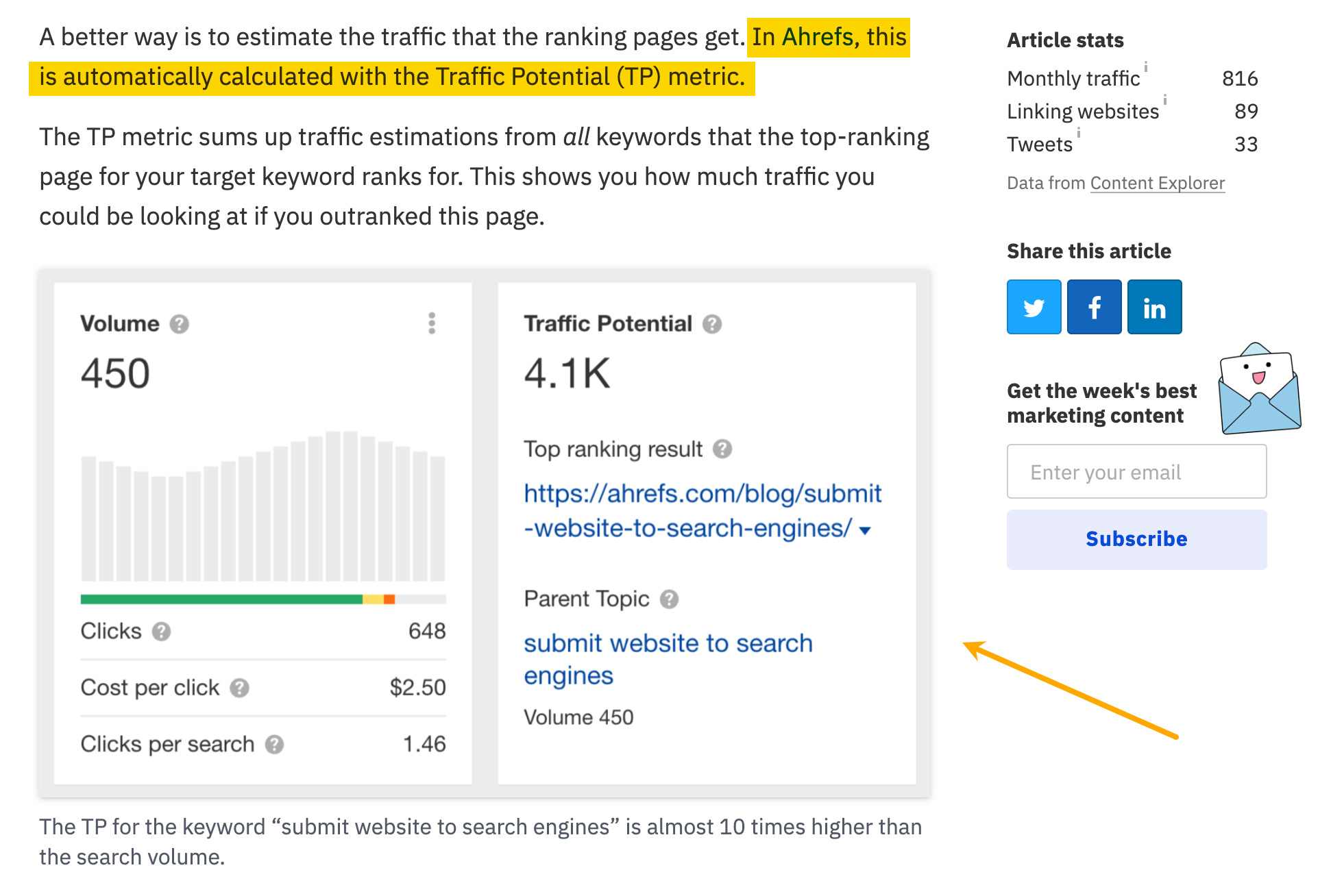
If you like writing, good for you. You’ll get even better at it in this industry.
If you don’t like to write but are still serious about digital marketing, try some writing courses. Trust me, everyone can learn to write well.
How to get better at it
Sure, some people may possess a “natural talent” for writing, but this job isn’t about creating the next best-selling novel. It’s about writing clearly and convincingly.
And let’s not forget, the web is quite specific when it comes to writing:
- You can write with the help of writing assistants (AI). They will help you with grammar, rephrasing, getting those first words out on the screen, or emulating a specific writing style.
- Things don’t need to be perfect; the web is used to imperfection. Plus, you will always have that “edit” button.
- Utility trumps creativity. Take SEO content, for example. Google and other search engines reward helpful content that’s written in simple language.
Further reading
Digital marketers are flooded with data on a constant basis. Insights come from data, decisions are based on data, results are in the form of data, and your reports will be filled with data too.
I’m talking about metrics, graphs, trends, and statistics, not to mention the more advanced stuff like predictive analytics. It’s important to develop an appreciation of these things because marketers are required to do these four things really well:
- Report on the past – Example: calculate the conversion rate from trial signups to paid subscriptions.
- Analyze the present – Example: calculate the lifetime value of customers.
- Predict the future – Example: learn the type of message that can increase your chances of converting the user.
- Compare with competitors – Example: discover keywords your competitors target that you do not.
And all of those four things are impossible to do without knowing where to look for data and how to work with it.
But let’s make it clear: You don’t need to be a data scientist in this role. You have to be “data literate.” You must learn how to collect, read, and communicate data.
How to get better at it
Certifications and courses. Do them to boost your skills and confidence.
Here are a couple of courses to get you started:
The world of digital marketing is flooded with advice. Some good, and some not so good.
The thing is that you won’t know the difference if you don’t apply critical thinking to what you read, hear, or watch. Including this article.
Sometimes, critical thinking can be the very thing that saves you and your brand from bad marketing ideas. Experimentation is one thing, but some ideas are bad right off the gate:

How to get better at it
You can think of critical thinking as healthy skepticism.
I’m not saying, “Don’t trust anyone.” I’m talking about not accepting things at face value, especially when they lead to important decisions.
This requires you to question ideas to uncover two things: a) the kind of argument or evidence that supports an idea and b) what a given idea leads to. Based on that, you can develop your own independent opinion.
Digital marketers are not self-sufficient. Today’s AI tools don’t change that. Even when you’re a marketing “team of one,” your results will partly depend on someone else: developers, designers, or contractors.
Teamwork in digital marketing is about being effective when you’re dependent on others and the ability to form healthy, long-term work relationships.
In my opinion, you will need these two “soft” social skills:
- Assertiveness – The art of saying “no” in the workplace. The art of firmly admitting to a mistake in the workplace. The art of confidently expressing appreciation for others in an environment that is competitive by design.
- Social intelligence – You consider other people’s emotions, what effect your actions could have on others, and how others could perceive you.
How to get better at it
This is a tough one. Some say you either have social skills or you don’t. But I believe you can practice your teamwork skills. After all, you don’t need to be irresistibly charismatic; you just need to be able to understand other people’s perspectives.
When it comes to those two fundamental skills mentioned above, here’s how I think you can work on them:
- Practice assertiveness in everyday situations. For example, let your partner know you won’t be able to do a specific errand; don’t be tempted to offer a full backstory. Learn more tips in this article from Healthline.
- Practice social intelligence by active listening and trying to imagine what other people can think or feel.
- Learn to make compromises and try out other people’s ideas.
If you’re not reliable, honest, and respectful of others, no one will want to work with you. Seriously.
You may get away with some things every now and then, but this shouldn’t be your norm because this “tendency” will only hinder your capability to work in smarter organizations.
How to get better at it
I believe ethics is an area where a person should make conscious, individual choices. There’s not much advice I can or actually should give you here.
But if you ask me, one thing that really matters is understanding what consequences your actions will bring in the long term. Ethics is a marathon:
Plenty of news about Fast, the startup which allegedly generated $600K revenue in 2021, burning through most of their ~$100M funding.
I got a reach out to interview in 2020 but immediately passed. It’s because I did my research on the founder CEO. Real shady actions in the past:
— Gergely Orosz (@GergelyOrosz) April 1, 2022
And don’t forget about critical thinking when seeking advice on the matter of work ethic.

Marketing technology, or martech, is what makes the job of digital marketing possible in the first place.
Moreover, better tools can make you a more effective marketer. Some tools just allow you to work faster, share your work easier, and get better results.
Try this: skim through some job boards in a specialization that’s interesting to you. You will start to see the expectations employers have of digital marketers are connected with certain tools.

How to get better at it
A lot of the essential marketing tools have free trials or demo accounts with prefilled data. On top of that, they often have certification programs and other types of educational materials.
For example, if you want to start doing SEO with zero budget, you can get Ahrefs Webmaster Tools for free and hone your skills using educational materials (e.g., Ahrefs Academy) on our site.
And if there are tools that you should be acquainted with, regardless of your specialization, I’d say those would be some kind of spreadsheet tool (like Google Sheets) for building reports and working on data and some good AI tools for… almost anything these days.
Further reading
Final thoughts
As you may have noticed, I didn’t list creativity in this article. I think that creativity has its role in digital marketing, but it’s just not as much of a fundamental skill.
And I’m talking about outstanding creativity here, not the “typical” connect-the-dots creativity that any human being is capable of.
Throughout the years, I found that digital marketing is more of a craft than an art form. It’s about being able to discover what works and repeating it until it works. Though, you may often repeat someone else’s work—not very creative but can be highly effective.
So I’d say that, however controversial this may sound, don’t strive for creativity in digital marketing at all costs. Don’t make it your #1 priority, as it can hinder your ability to perform effectively.
Got questions or comments? Ping me on Twitter or Mastodon.
Content Copyrights Belong to The Author. All Rights Reserved.
We're A Dallas Digital Marketing Agency That is Experts At Social Media Marketing, Website Design and Emarketing and Promotion.

